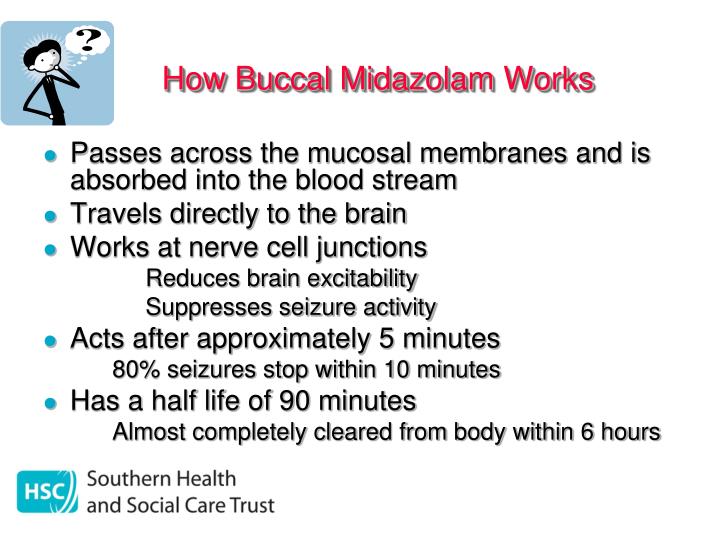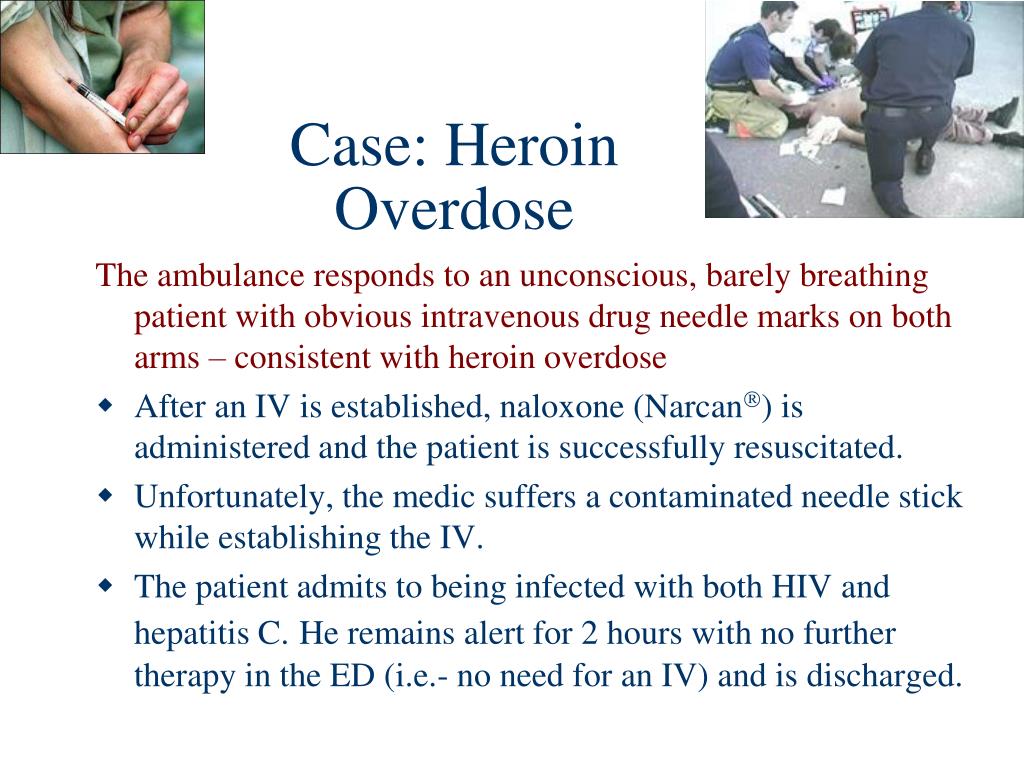

COX-1 inhibition by carprofen.4,6-12ĬOX-1, the constitutive and cytoprotective isozyme, has many beneficial roles in the body. Preexisting gastrointestinal inflammation, overdosage, and close temporal use of other NSAIDs or glucocorticoids in dogs receiving a selective COX-2 inhibitor (deracoxib) have resulted in gut perforation and death.5 The literature reports variable selectivity of COX-2 vs. However, in animals with underlying gastrointestinal disease or in those receiving concurrent NSAID or glucocorticoid therapy, any amount of COX-1 inhibition could be detrimental. A higher ratio of COX-2 to COX-1 inhibition is associated with greater therapeutic efficacy and fewer adverse effects. Discovered in 1991, COX-2 is the isoform of the enzyme induced by proinflammatory cytokines and mitogens,4 and COX-2 inhibition is the main intended target for the therapeutic effects of NSAIDs, particularly the more recently approved drugs. Like most NSAIDs, carprofen is thought to mediate its beneficial therapeutic effects by inhibiting the enzyme cyclooxygenase (COX), which catalyzes the cyclization and oxygenation of arachidonic acid to prostaglandins.

Acute overdoses only in dogs (to exclude idiosyncratic hepatic reactions) Clinical cases assessed by ASPCA APCC veterinarians as likely related to the agentĤ. Observed exposures or those documented by evidence such as a chewed bottleģ. This report details public cases in the computerized database (Novemthrough April 27, 2009) that fulfill the following criteria in dogs and cats:Ģ.

The ASPCA Animal Poison Control Center (APCC) has received many calls regarding carprofen exposures in dogs and cats over the years (ASPCA APCC Database: Unpublished data, 2001-2009). Intramuscular and intravenous routes are extralabel and have also been reported.2 Generic formulations of carprofen-Vetprofen (Vétoquinol), Novox (Vedco), and Carprofen Caplets (Putney)-are also available as 25-, 75-, and 100-mg caplets for dogs only.3 The manufacturer's recommended dosage is 2 mg/lb (4.4 mg/kg) orally or subcutaneously daily (alternatively, 1 mg/lb b.i.d.), and the injectable product is recommended to be given two hours before surgery to manage postoperative pain.

More than 10 million dogs have been treated to date.1Īvailable as an injectable solution (50 mg/ml) and 25-, 75-, and 100-mg caplets and chewable tablets, Rimadyl (Pfizer Animal Health) is labeled in the United States for dogs only. Its main uses in dogs are to treat pain and inflammation associated with osteoarthritis and control postoperative pain associated with soft tissue and orthopedic surgeries. Carprofen, a nonsteroidal anti-inflammatory drug (NSAID) of the propionic acid class, is commonly used in small-animal practice for its analgesic, anti-inflammatory, and antipyretic properties.


 0 kommentar(er)
0 kommentar(er)
